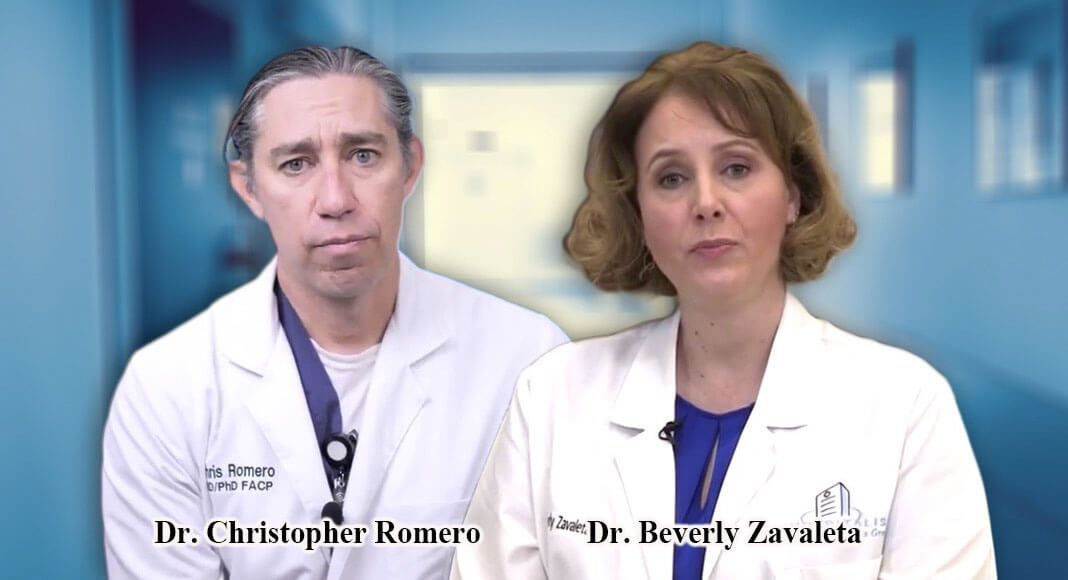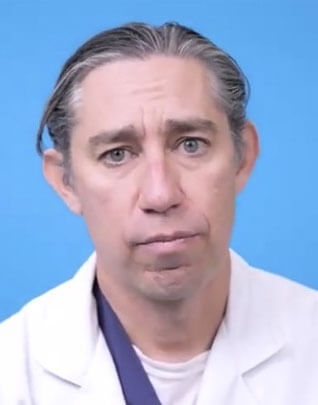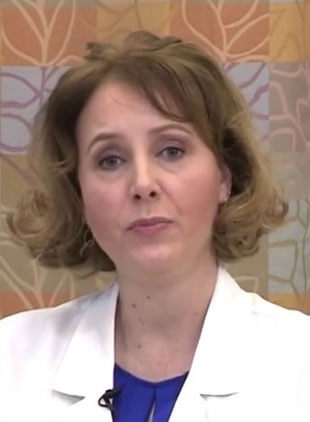
Mega Doctor News
BROWNSVILLE & HARLINGEN – With a new, faster-spreading COVID variant now appearing in the Rio Grande Valley and COVID cases on the rise in all 50 states, local health officials are telling parents there is no time like the present to vaccinate their children as school districts gear up for in-person instruction in the fall.
In May 2021, the U.S. Food & Drug Administration authorized the use of the Pfizer version of the COVID-19 vaccine in children 12-years-and-older after rigorous testing, said Dr. Christopher Romero, an internal medicine specialist at Valley Baptist Medical Center-Harlingen. With local school districts opening their doors to students for in-person instruction throughout the month of August, parents of eligible, unvaccinated children should schedule their child’s first dose of the Pfizer COVID-19 vaccine as soon as possible to account for the 21-day waiting period between the first and second dose.
“Studies from the United Kingdom have shown that the Delta variant is 225 percent more transmissible than the original strain of the SARS-CoV-2 virus. A recent investigation into an outbreak of the Delta Variant that occurred in Oklahoma demonstrated that the virus spread amongst household contacts at a much higher rate than previously seen,” Romero said. “Now that we know this highly contagious variant is in the Rio Grande Valley it will soon become the dominant strain circulating in our community.”
Romero said that while local children returning to in-person instruction will help bring some sense of normalcy back into the lives of the area’s youth, vaccinating as many children as possible will go a long way to making in-person instruction as safe as possible for students and staff.
“It will be great to have our kids back in the classroom, from an education and socialization perspective this is a very positive development. This does come with risks however,” he said. “When kids go back to the classroom each year, we see a rise in the number of cases of respiratory infections, a pattern most parents are all too familiar with. This year that will be complicated by the presence of COVID-19, and if the majority of students are unvaccinated, the opportunity for significant outbreaks is very real.”
While local school districts are going to great lengths to prioritize health and safety protocols as children prepare to head back to school, Romero said parents can help ease the burden on school districts by considering COVID vaccination for their children.
“I know our schools are taking extraordinary steps to help keep our kids safe, and I am grateful to live in the great state of Texas where we prioritize personal freedom and responsibility,” he said. “However, as a father, as a physician, and as a scientist, I feel confident recommending that we should feel comfortable vaccinating our children that are eligible. This is the biggest step we can take to help keep our little ones safe and prevent them from bringing this dreaded virus home to infect others.”
Romero said that parents choosing to vaccinate their children can help reduce their child’s risk of experiencing rare but serious long-term health impacts associated with severe COVID complications.
“Fortunately most pediatric and adolescent cases of COVID-19 are mild, but severe cases and fatalities are possible and have occurred in Texas. One of the severe conditions that can develop from COVID-19 in young patients is Multisystem Inflammatory syndrome in children, or MIS-C,” he said. “A recent multicenter study of patients with MIS-C published in the New England Journal of Medicine showed that over 40 percent of the children with the condition had a reduction in heart function. We still don’t know the full effect or long term consequences of COVID-19 in children, but there is a growing body of evidence that long term effects of COVID can occur in children, even those who initially had mild cases.”
Dr. Beverly Zavaleta, a family medicine physician and physician adviser at Valley Baptist Medical Center-Brownsville, agreed, indicating that COVID vaccinated children can serve as barrier between COVID and others in their household, especially in homes that include individuals who may be at increased risk for serious complications associated with COVID infection.
“It’s especially important to vaccinate 12-to-18 year-olds because by vaccinating school-aged children, you can prevent transmission of COVID to family members at home who can’t get vaccinated, such as younger siblings,” she said. “In addition, high-risk older adults, such as people over 65 or someone undergoing cancer treatment, are at risk even when vaccinated, so if your household includes these folks, vaccinating your school-aged children provides them extra protection.”
In addition to COVID vaccination, the use of masks in indoor locations where social distancing may be difficult is still an important tool to reduce the risk of COVID exposure for both vaccinated and unvaccinated individuals. Although state lawmakers have prohibited school districts from instituting mandatory mask policies when children return to in-person instruction, Zavaleta encouraged parents to consider having children use masks while at school.
“Given that the Delta variant of COVID is so much more contagious, the simplest and safest guidance is for everyone to continue wearing masks indoors, including in school. Social distancing recommendations have changed to three feet between students, which is appropriate when all students are using masks,” she said. “Wearing a mask provides the best protection for all children and teachers.”
While vaccinations and the use of masks are known to help prevent the spread of COVID, Zavaleta said that it is important to encourage children to practice healthy hygiene habits both at home and at school as protection from COVID and other illnesses.
“We should remind our kids about good infection-prevention practices in a routine way without causing alarm, and this was true even before COVID,” she said. “We should encourage children to wash their hands before and after lunch, as well as after recess and using the restroom. I send my kids to school with individual bottles of sanitizer and packs of tissues, and remind them to sanitize frequently and avoid touching their faces.”











